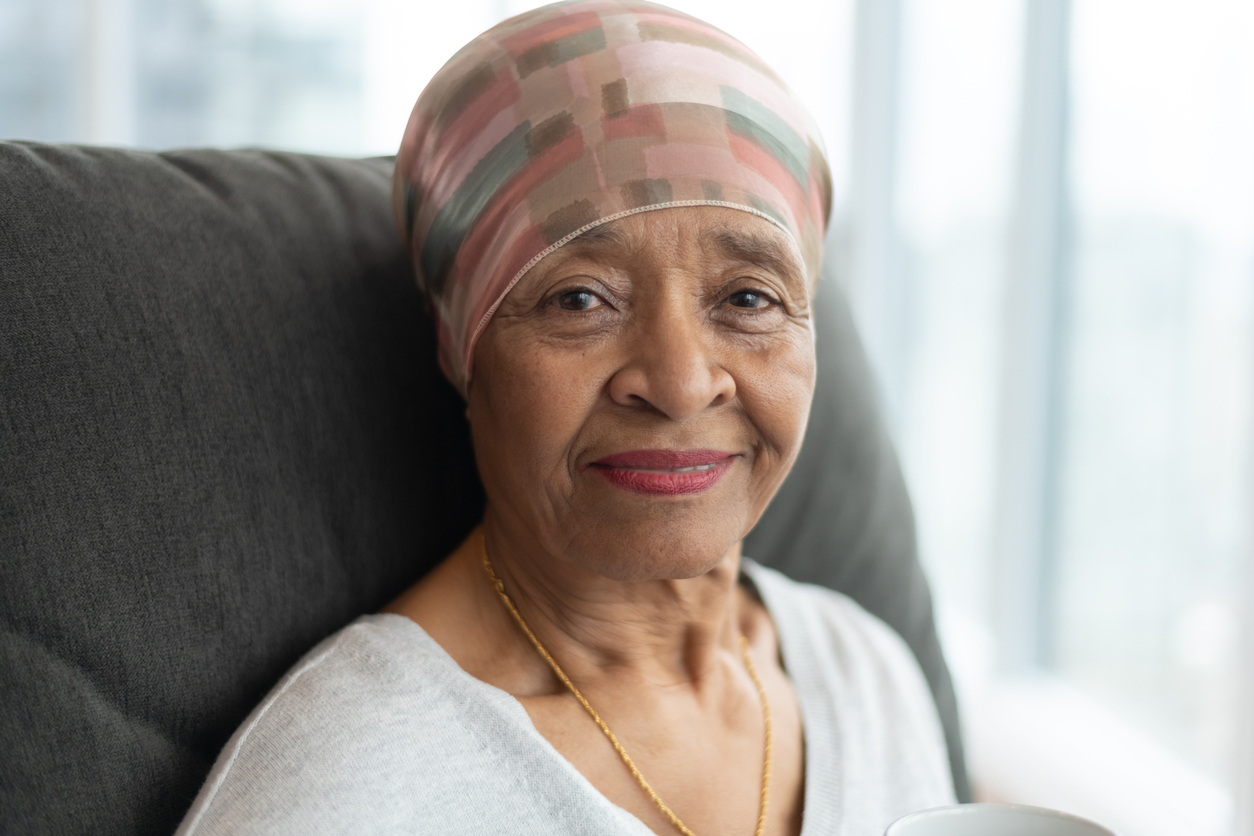Here in New York, we have access to some of the best health care in the world. All in all, as a generation of “Boomers” retires en masse, we can expect more incredible breakthroughs, particularly in the field of geriatric oncology.
Today, we’ll cover these breakthroughs and point out how crucial these advancements are in 2021 and beyond.
The Need for Advances in Geriatric Oncology
According to Johns Hopkins Medicine, the fastest-growing segment of the American populace is seniors over 65. Currently, around one in eight citizens falls into this group. We also know that the risk of cancer and the instances of cancer diagnoses increase with age. According to Johns Hopkins, the chance of a cancer diagnosis for a person 65 or older is eleven times that of a younger individual.
Unfortunately, due to their frailty — whether genuine or perceived — seniors are among the least represented in clinical trials.
Some good news is on the horizon, however, as City of Hope researchers have developed a new tool to predict the effects of chemotherapy on seniors with early-stage breast cancer.
A New Tool for Geriatric Oncology and Breast Cancer Patients in 2021
In January 2021, BusinessWire.com reported that researchers at City of Hope, a world-renowned cancer treatment center, had developed a remarkable new tool. Specifically, this tool predicts if seniors with early-stage breast cancer will develop a severe reaction to chemotherapy treatments.
This unique and state-of-the-art risk assessment tool — the Cancer and Aging Research Group-Breast Cancer Score (CARG-BC) — will help geriatric oncologists make personalized treatment recommendations. In essence, the goal is to provide seniors with a better understanding of chemotherapy treatments.
CARG-BC Scores
A patient’s CARG-BC score is derived by combining eight predictors:
- Use of an anthracycline chemotherapy
- Stage 2 or 3 breast cancer
- Abnormal liver function
- The duration of treatment
- Low hemoglobin
- Limited walking ability and susceptibility to falls
- A lack of social support from family or professional caregivers
At this point, we must note that this risk prediction model is an extension of prior work by researchers at the City of Hope and elsewhere.
As professional home care providers, we’d like to highlight the importance of social support for seniors undergoing chemotherapy. If you’d like to learn more about the benefits of in-home-care for New York seniors, contact us. We’ll be happy to answer your questions and address your concerns for your loved one.
The Value of a Choice in Treatment
The CARG-BC score means potential chemotherapy patients can make a more informed choice about their future treatments. In particular, they can weigh treatment benefits against expected side effects and quality-of-life concerns, according to Mina Sedrak, MD, MS, deputy director of clinical trials for the Center for Cancer and Aging Research.
“[Now we can provide] each elderly, early-stage breast cancer patient individualized [data to] help align treatment with their goals for lifestyle, quality of life, longevity and other priorities,” said Doctor Sedrak.
Chemotherapy Is Hard on Our Bodies
Unquestionably, chemotherapy or “chemo” is a grueling treatment for cancer.
Common side effects generally include:
- Digestive issues
- Nausea and vomiting
- Hot flashes or menopause-like symptoms
- Hair loss
- Memory loss
- Skin sensitivity
For seniors, in particular, severe chemotherapy toxicity can be fatal. Furthermore, the side effects of chemo can compromise an older patient’s ability to complete the entire treatment course, thus reducing its benefits.
By and large, our primary goal is to do no harm as medical professionals. It’s important to realize that there’s a delicate balance between the adverse effects of chemotherapy and the wellbeing of the patient. Thus, a system that allows patients and their oncologists to predict side effects and establish quality-of-life goals is a critical breakthrough.
Breakthroughs on the Horizon
Undoubtedly, new breakthroughs bring hope to geriatric oncology patients. However, treatments that show promise offer just as much hope. In January 2021, the FDA granted Avyakit breakthrough therapy designation status for Avapritinib. The drug is a promising treatment for moderate to severe systemic mastocytosis. The designation is particularly advantageous because it fast-tracks the development and review of Avapritinib.
All things considered, promising new treatments offer great hope to oncology patients who suffer from debilitating cancer-related symptoms.
David York Agency Supports Advances in Geriatric Oncology in Riverdale
If the above information about geriatric oncology has been useful, check out David York Agency’s blog for more articles about senior care in Riverdale.
David York Agency understands the challenges of caregiving and is willing to provide all the support you need.
If you’d like more information about David York Agency’s qualified, compassionate caregivers, contact us at 718.376.7755. A free phone consultation can help you decide what services might be best. If you’d like to hear more from us, please like us on Facebook or follow us on Twitter or LinkedIn.
David York Agency Home Healthcare remains committed to providing personalized care for your loved one. If you have questions about our services, please contact us. We can help you through the difficult times and give you the break you deserve!







